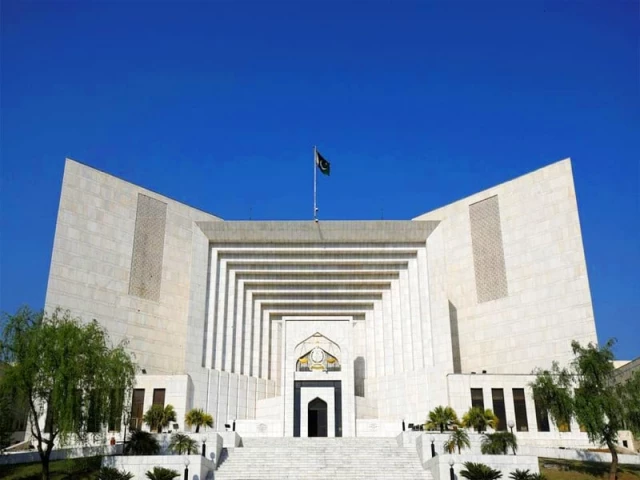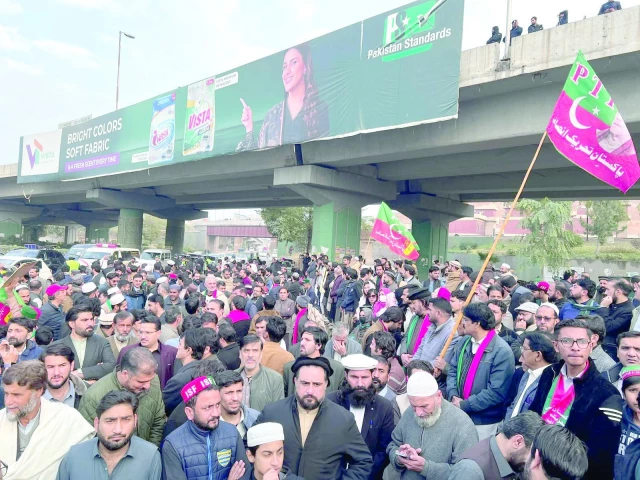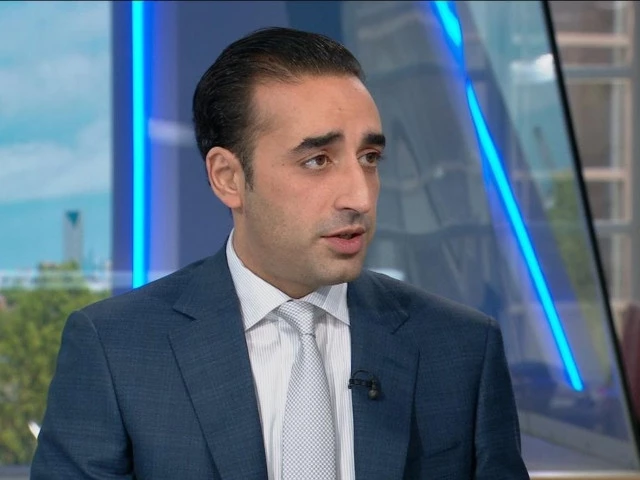Understanding the Super Tax: What’s Happening in Pakistan’s Supreme Court?
The debate surrounding the super tax in Pakistan has gained attention recently, especially with the Supreme Court questioning the Federal Board of Revenue’s (FBR) approach. Justice Muhammad Ali Mazhar expressed a critical view, stating that “the entire burden comes down on the common man.” This showcases a significant concern — how policies designed for revenue generation ultimately impact everyday citizens.
What Is the Super Tax?
Introduced by the Pakistan Muslim League-Nawaz (PML-N) government in 2015, the super tax was initially aimed to fund relief efforts for those displaced by Operation Zarb-e-Azb. By 2022-23, the government levied this additional tax on high-earning sectors, including cement, steel, and banking, reaching rates of up to 10%. This tax was not without controversy, prompting many individuals and organizations to file petitions challenging its legality.
The Court’s Concerns
During a recent hearing, the five-member Constitutional Bench scrutinized the implications of this tax on the average Pakistani. Lawyers representing the FBR argued over legal complexities within the Income Tax Ordinance, citing contradictory paragraphs in previous court rulings. Justice Hasan Azhar Rizvi pointed out the tax’s burden on companies and questioned its broader impact on senior citizens.
Moreover, discussions delved into whether super tax revenue had been utilized effectively, particularly for its stated purpose. With the Supreme Court emphasizing that business growth relies heavily on taxpayer support, the conversation turned toward economic policy and public welfare.
The Human Element
The most poignant moments from the hearings revolve around how these policies affect everyday lives. The court underscored that every increase in tax burden is eventually transferred to consumers, highlighting that groceries and utility bills rely on these business costs. Justice Mazhar stressed the need to create a conducive environment for businesses rather than discouraging potential taxpayers.
Final Thoughts
The ongoing discussions in the Supreme Court illustrate the complexities of tax law and its far-reaching effects on society. As policymakers and legal experts navigate these waters, it’s vital to remember the ultimate goal: ensuring a fair and sustainable tax framework that fosters economic growth while protecting the interests of everyday citizens.
If you’re looking to dive deeper into financial policies and their implications, consider connecting with Pro21st, where we aim to provide clarity on these complex subjects. Together, let’s continue to explore how we can advocate for fairness in economic legislation.
At Pro21st, we believe in sharing updates that matter.
Stay connected for more real conversations, fresh insights, and 21st-century perspectives.





